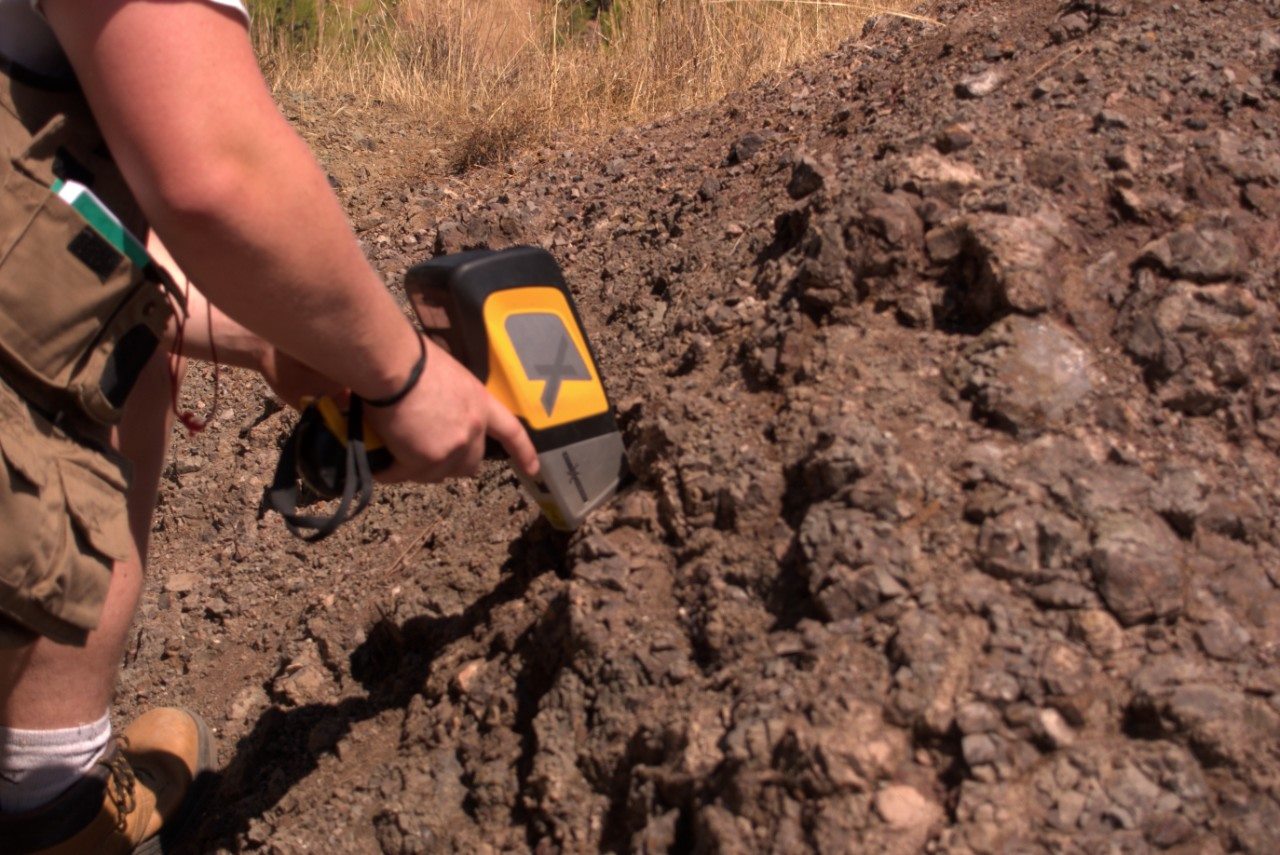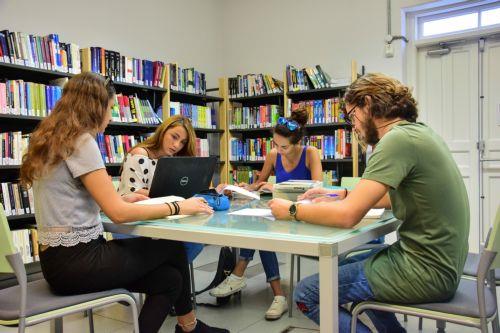With global supply chains under immense pressure, concerns have been raised over whether Europe can rapidly shift to renewable energy technologies, like wind turbines and solar panels, which need considerable quantities of raw materials to manufacture.
The EU’s industry and economy rely on international markets for access to many important raw materials since they are largely produced and supplied by third countries.
Although the domestic production of certain critical raw materials exists in the EU, in some cases, it remains dependent on imports from non-EU countries.
The risks associated with the concentration of production are, in many cases, compounded by low substitution and low recycling rates.
Furthermore, the effects of the pandemic, especially the disruption of global supply chains and the subsequent war in Ukraine, have forced Europe to rethink its critical raw material procurement policies to reduce its reliance on third countries and ensure reliable access to minerals and other components that are essential for the clean energy transition.
In September, European Commission President Ursula von der Leyen announced the EU Critical Raw Materials Act, designed to eliminate Europe’s dependencies and secure sustainable access to the necessary raw materials to enable the bloc to fulfil its ambition of becoming the first climate-neutral continent.
Among the aims of the Act, which is scheduled for discussion on 8 March, is to identify strategic projects along the supply chain, from extraction to refining, from processing to recycling, and build strategic reserves where supply is at risk.
The Act will provide a shared understanding of which critical raw materials can be considered particularly strategic for Europe’s twin transition and defence needs, including economic importance, supply concentration, strategic applications and forecasted supply gaps.
It will define the materials necessary for Green Deal-related technologies and will decide on strategic projects, which will be funded through private and public resources.
National prerogatives will not be affected by the Act, but member states will likely be obliged to give priority to Strategic Projects.
The Critical Raw Materials Act is an ambitious plan and a huge opportunity for Europe to catch up in the global race for metals and minerals.
Cyprus can also benefit as a country where copper is abundant since the initiative could help de-risk projects through a dedicated financing vehicle.
The Act can also help Cyprus in its efforts to use new technologies to recover important metals from mining waste created decades ago.
It would also facilitate the rehabilitation of abandoned mine sites across the island.
Clearing historical mining waste can also free land that can be used for recreational and outdoor activities, industrial or urban redevelopment, including commercial activities.
By Mark Rachovides, Chair of Cypriot mining company Venus Minerals










